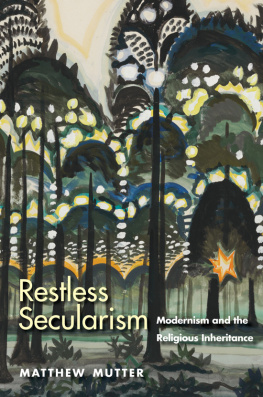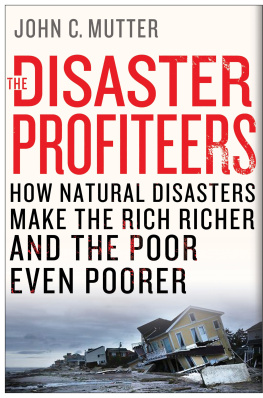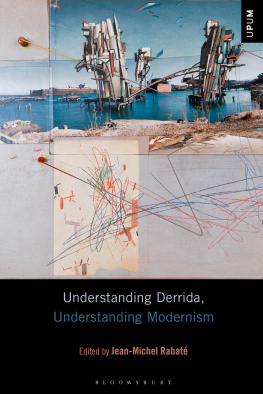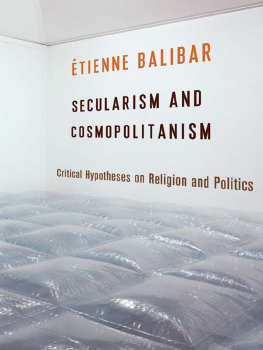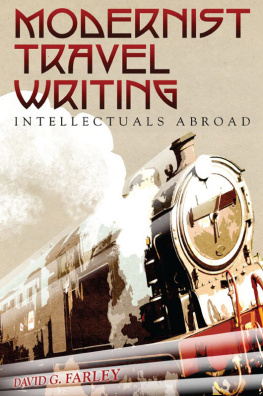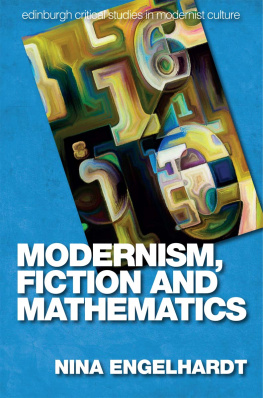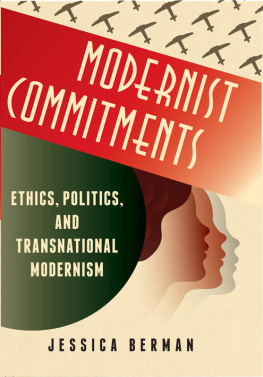
R ESTLESS S ECULARISM

Published with assistance from the foundation established in memory of William McKean Brown. Copyright 2017 by Yale University. All rights reserved. This book may not be reproduced, in whole or in part, including illustrations, in any form (beyond that copying permitted by Sections 107 and 108 of the U.S. Copyright Law and except by reviewers for the public press), without written permission from the publishers.
Yale University Press books may be purchased in quantity for educational, business, or promotional use. For information, please e-mail (U.K. office).
Set in Electra and Trajan types by IDS Infotech Ltd.
Printed in the United States of America.
Library of Congress Control Number: 2016960136
ISBN: 978-0-300-22173-2 (hardcover : alk. paper)
A catalogue record for this book is available from the British Library.
This paper meets the requirements of ANSI/NISO Z39.48-1992 (Permanence of Paper).
10 9 8 7 6 5 4 3 2 1

C ONTENTS

A CKNOWLEDGMENTS
Study and writing are solitary enterprises, but this book would have been considerably weaker without a number of guides and friends who engaged my ideas along the way.
This book had an earlier incarnation as a dissertation. David Bromwich and Pericles Lewis, who advised my project, were tireless readers and advocates. Pericless work on religion and the modernist novel was crucial for the development of my ideas, and I can only hope that the spirit of moral seriousness in Davids criticism, which has long been a model for my own, has found its way into this book. I am also grateful to Amy Hungerford, who provided sharp and generous feedback for this project, and Michael Warner, whose seminar Secularism and Anti-Secularism at the Cornell School for Criticism and Theory helped me crystallize my own understanding of secularity. Other faculty at YaleWai Chee Dimock, Katie Trumpener, Ruth Yeazell, and Paul Grimstadread or aided this project along the way.
The Institute for Advanced Studies in Culture at the University of Virginia provided a generous postdoctoral fellowship that allowed me to rework and expand the book in an extraordinary interdisciplinary setting. I would especially like to thank James Davison Hunter, the director of IASC, who has supported me since I was a young man, full of imagination but (at the time) little intellectual discipline. I had important conversations there with Matthew Crawford, Joe Davis, Jennifer Geddes, Regina Schwartz, Chad Wellmon, and Josh Yates. Charles Mathewes generously read an earlier version of my introduction and made sure that its theological claims were relatively sound.
Bard College has been a wonderful place to think and write. I am grateful to the Literature Program for granting me leave to finish this book, and I would like to thank my colleagues who read portions of my manuscript: Maria Cecire, Bruce Chilton, Deirdre DAlbertis, Liz Frank, Nancy Leonard, and Marina van Zuylen. Beyond Bard, I would like particularly to thank Jeffrey Perl, who has supported my work for many years and who provided painfully astute comments on a draft of the introduction, and Michael Levenson, whose detailed remarks on my entire book manuscript helped me say everything I was trying to say better.
The most stringent thinking and unconstrained argument happen in informal settings, and I thus owe a debt of gratitude to my long-time intellectual companions. Patrick Redding read much of this book at earlier stages, and my long conversations and arguments with him about religion, secularity, and modernist literature, which began our first semester of graduate school and continue to the present day, have sharpened and complicated my own convictions. Kathryn Reklis, a theologian and scholar of religion, was an important interlocutor for me as I developed my understanding of religion and aesthetics. Together they have been two of my most faithful friends. Kevin Seidel has been an immensely supportive advocate, and I owe many insights to our fifteen-year friendship. His comments on my manuscript, and his own work on similar theoretical problems in a different literary context, have been invaluable. Siobhan Phillipss masterful knowledge of modern poetry and carefulness as a scholar have consistently inspired me, and she has always read my work in exquisite detail, down to the notes.
Jennifer Banks and Heather Gold at Yale University Press have been remarkable editors, and they have helped me navigate the publishing of my first book with great patience and generosity of spirit. And I could not have pulled everything together without Anna Hadfields editorial rigor. Anna is already, at a young age, a powerful cultural and social critic.
My greatest debt, however, is owed to my wife, Sarah Mahurin: What you do / Still betters what is done. She and I have been discussing our own religious inheritances for almost ten years. Her extraordinary teaching and witness have shown me a different way of being an intellectual; I can only hope, one day, to have the impact on my students that she has on hers. She has read through this manuscript in its various iterations countless times and always made it better, though I cannot match the eloquence of her writing. She carried me through a long, long illness during which it seemed that a book like this would never be possible. Without her it wouldnt have been. Her energy and joy are contagious. So is that of our daughter, June, who has heaped delight upon delight on our lives. It is up to us, now, to provide a religious inheritance for her and to imbue her with the restlessness that will inevitably complicate it. To my one son the hunger: that is the last of R. S. Thomass gifts to his family. I would give the same to June.

A BBREVIATIONS
A | The Collected Works of W. B. Yeats, vol. 3, Autobiographies |
AV | W. B. Yeats, A Vision |
CP | Wallace Stevens, Collected Poetry and Prose |
CPA | W. H. Auden, Collected Poems |
CPY | The Collected Poems of W. B. Yeats |
DH | W. H. Auden, The Dyers Hand |
EA | The English Auden: Poems, Essays, and Dramatic Writings, 19271939 |
EE | The Collected Works of W. B. Yeats, vol. 4, Early Essays |
L | The Letters of Wallace Stevens |
LE | The Collected Works of W. B. Yeats, vol. 5, Later Essays |
LY | The Collected Letters of W. B. Yeats |
MD | Virginia Woolf, Mrs. Dalloway |
P | W. H. Auden, Collected Prose (3 vols.) |
Next page
